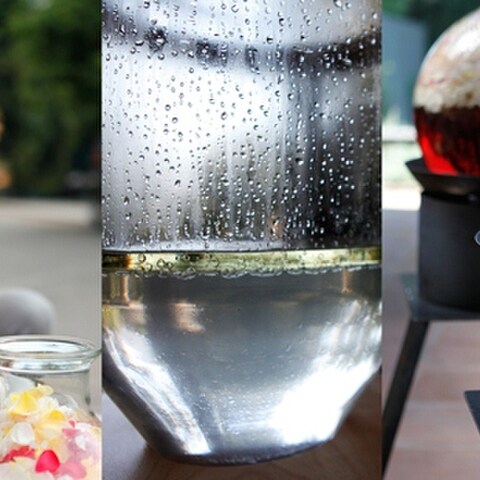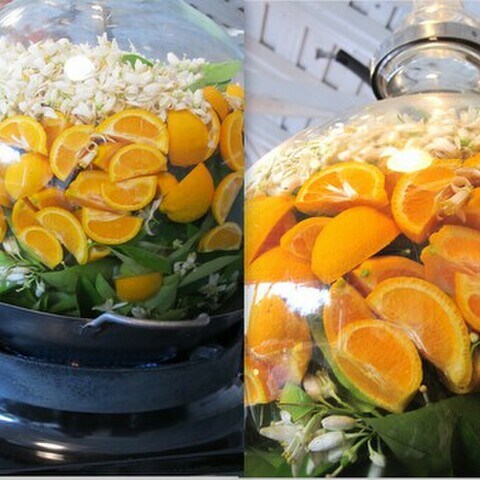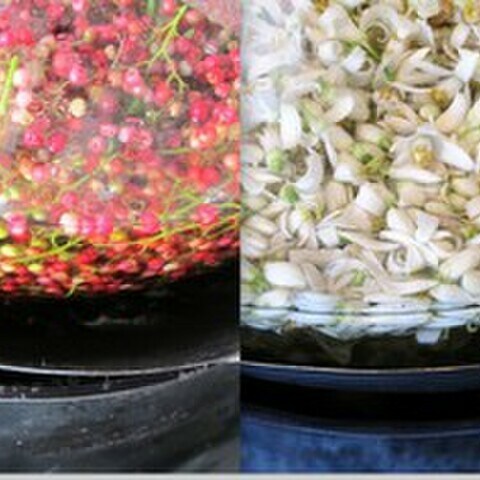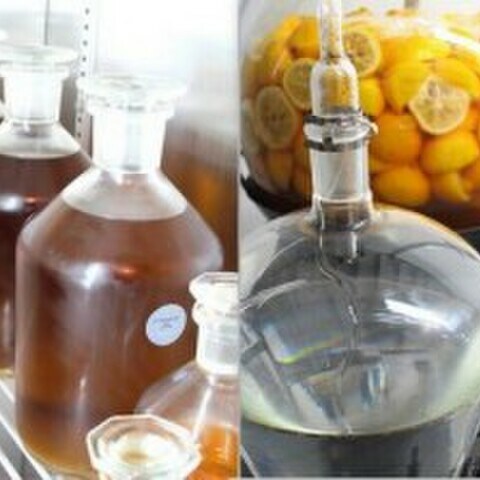Random blabbering in defense of natural ingredients
11 years ago
I read an article today which featured a natural perfumer reduced to having to defend the very artistic value of all-botanical perfume.
Art value aside, we are pretty much between a rock and a hard place with even semi-synthetic fragrance. How long do we have left before it's ALL banned but the chemical soup?
Hence the question. Is there anything being actually done to protect the right to use naturals? The corporations gain on the botanicals all the time. Starting with fake trendsetters denouncing natural perfumery and all the way to the biggest chemo-lobby scam, the IFRA.
“Research” is being constantly done to ban natural raw material as allergens etc.
Does anyone know of any well founded, scientifically based counter evidence published as to the far greater harm inflicted by all those endless cheap aromachemicals forced upon us? I would be thrilled to see some.
Pictures feature the beautiful Alexandra Balahoutis of Strange Invisible Perfumes and distillation process at SIP, and belong to Ms. Balahoutis.
Art value aside, we are pretty much between a rock and a hard place with even semi-synthetic fragrance. How long do we have left before it's ALL banned but the chemical soup?
Hence the question. Is there anything being actually done to protect the right to use naturals? The corporations gain on the botanicals all the time. Starting with fake trendsetters denouncing natural perfumery and all the way to the biggest chemo-lobby scam, the IFRA.
“Research” is being constantly done to ban natural raw material as allergens etc.
Does anyone know of any well founded, scientifically based counter evidence published as to the far greater harm inflicted by all those endless cheap aromachemicals forced upon us? I would be thrilled to see some.
Pictures feature the beautiful Alexandra Balahoutis of Strange Invisible Perfumes and distillation process at SIP, and belong to Ms. Balahoutis.

 Lyric Rain
Lyric Rain










